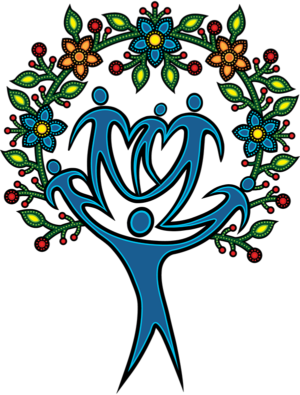
Premier Notley, Culture and Tourism Minister Ricardo Miranda and Edmonton-Centre MLA David Shepherd made the announcement at the Alberta legislature along with representatives from Alberta’s African and Caribbean communities. Photo Credit: Government of Alberta
In honour of Black History Month in Alberta we thought we would showcase some mentoring resources supporting Black populations. The Ontario Mentoring Coalition’s Toolkit on Effective Mentoring for Youth Facing Barriers touches on Racialized Youth where the key lessons learned were:
- Traditional mentoring models may need to be modified and updated to best support racialized youth. Mentoring programs should ensure youth are learning culturally and racially appropriate coping skills, which can help in developing a positive ethnic and racial identity.
- Mentor matching for racialized youth is a contentious issue – some believe that cross-race matching may result in further marginalization, whereas others believe that shared values and interests are more important than shared racial identities. When matching racialized youth, the following factors should be considered:
- What preferences does the mentee and mentee’s family have for matching?
- Does the mentee have same-race role models elsewhere?
- What is the mentee’s level of cultural mistrust? How can you support them in exploring discrimination and oppression?
- Does the mentee have a strong ethnic identity?
- What is the cultural competency of the mentor and the organization?
- Programs should be open to engaging mentors from various backgrounds and experiences, including those who may have been through hard times and are interested in taking a strong leadership role with youth. Additional training may be required for these individuals.
And the Ontario Mentoring Coalition goes on to mention 10 Strategies for recruiting Black men to be mentors, which are:
- Make sure African American men are active in the organization (on staff and Board of Directors)
- Be creative about outreach- attend community events
- Make the space friendly for Black men, including ensuring African American men are reflected in print and web photos associated with the program
- Use emotional branding- tell potential mentors that they can make a difference!
- Clarify the expectations around length of commitment and number of regular hours required
- Partner with community groups to recruit mentors and involve community leaders where possible
- Use one-on-one recruitment where possible
- Outreach to diverse groups of men- considering men with criminal records
- Engage potential mentors immediately and follow up where necessary
- Retain mentors by providing ongoing support and training, supporting groups of mentors in bonding, provide incentives (honoraria where possible), acknowledge their role
There are also really great resources from the National Mentoring Resource Center in the United States, such as their Mentoring for Black Male Youth population review. This review examines research on mentoring for Black boys and touches on the documented effectiveness of mentoring, the extent to which mentor, youth, and program characteristics influence effectiveness, the processes that link mentoring to outcomes in Black male youth and the extent to which efforts to provide mentoring for Black male youth have reached.
For some supplementary material, you can also watch the MENTOR USA’s webinar on Leveraging Mentoring to Support Black Male Achievement.
Leveraging Mentoring to Support Black Male Achievement (Part of the Collaborative Mentoring Webinar Series) from MENTOR on Vimeo.
